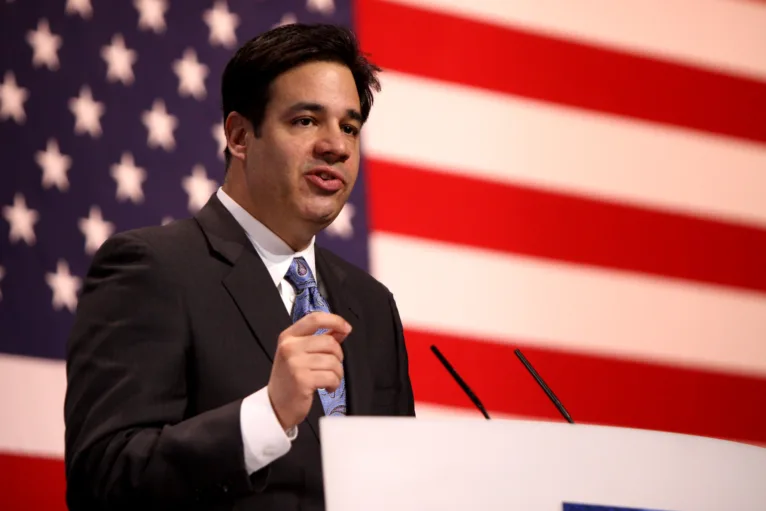Idaho Can Now Arrest People Who Help Kids Get Abortions in Other States
Idaho already bans almost all abortions. On Monday, a panel of federal judges ruled that the state can enforce portions of its draconian “abortion trafficking” law.

The federal Ninth Circuit Court of Appeals on Monday allowed portions of Idaho’s “abortion trafficking” ban to take effect.
Now, Idaho may resume criminalizing adults who “harbor or transport” anyone under 18 to get abortions without parental consent. Anyone who breaks the law may be punished by two to five years in state prison. This week’s ruling reversed a lower court’s decision to block the state from enforcing the rule while a lawsuit challenging the statute makes its way through court.
Idaho already bans almost all forms of abortion. In 2023, Idaho became the first state to create a new crime of “abortion trafficking,” which seeks to prevent people from helping minors obtain abortions in neighboring states where the procedure remains legal. Since then, lawmakers in at least five other states have introduced copycat bills. Tennessee enacted its own “abortion trafficking” ban earlier this year. Abortion rights advocates have also sued to block that ban. A federal judge has temporarily blocked the state from enforcing the law while the issue is litigated.
Travel bans are one of the main ways abortion opponents are criminalizing reproductive care—even in states where abortion is legal. In addition to the “trafficking” bans, at least thirteen Texas municipalities have made it illegal to transport people through their jurisdictions to get abortions.Last year, two Idaho advocacy organizations—Northwest Abortion Access Fund and Indigenous Idaho Alliance—and an attorney who represents sexual assault survivors sued the state attorney general, contending that the law is unconstitutionally vague and violates their rights to free speech and interstate travel. A federal judge then temporarily blocked the law from taking effect.

Idaho’s Republican Attorney General Raúl Labrador then challenged that injunction. On Monday, a panel of Ninth Circuit judges largely sided with Labrador and said the state can arrest people who “harbor or transport” kids to get abortions.
However, the judges upheld the injunction on the part of the law that bans “recruiting” a minor to get an abortion. The panel ruled that the statute’s phrasing is overly broad and thus infringes on protected speech. The judges noted that the phrase “recruiting” could criminalize a wide swath of actions, including subsidizing travel costs, giving legal advice, or simply handing out information about abortion access.
“Worryingly, the ‘recruiting’ provision encompasses an adult’s encouragement of a minor not only to obtain a legal abortion out-of-state, but also to obtain a legal abortion in Idaho under one of the few exceptions to the state’s near total abortion ban, such as pregnancy resulting from an act of rape or incest that was previously reported to law enforcement,” the judges wrote. “That is, an adult concerned for the wellbeing of an underage victim of incest would be prohibited from counseling and then assisting that victim in obtaining an abortion without informing a parent—who may well be the perpetrator.”
The judges then returned the case to Idaho’s sole federal district court, which will issue a final ruling. In a media statement, Labrador trumpeted Monday’s ruling as a victory for “the rule of law” in his state and “the life of the unborn.”
